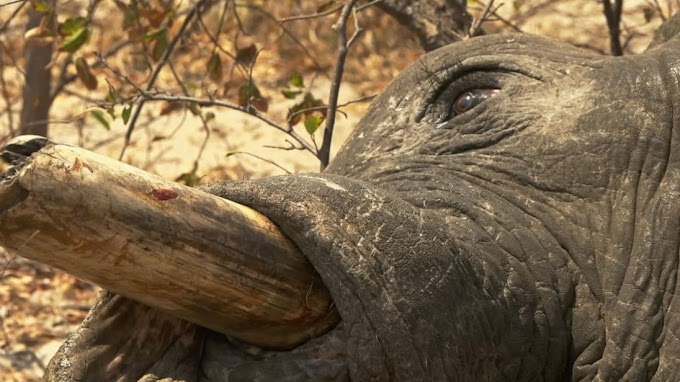 |
| Courtesy: The Economist |
According to Mindy Thompson Fullilove, professor
of urban policy and health at The New School in New York, "Epidemics
follow social fractures. If you have a society that is fractured, or
fracturing, you know that's where the disease is going to."
The beginning of the pandemic signalled the beginning of an
avalanche of misinformation about the virus, fueling further spread of the
virus. For example the claim that the black race does not experience equal pain
levels as caucasians or that melanin offers some
resistance to coronavirus.
According to a study
this notion was surprisingly expressed even by people who had some medical
training and went on to inform their medical judgements. It is a notion that
may have played on at the beginning of the Covid pandemic more widely until it became clear that the virus
affected both races randomly and without a clear bias for susceptibility.
In short, the unequal effects of Covid-19 are not caused by
race, but instead income inequality.
Pandemics don’t spread evenly in a fractured society.
It is public knowledge how wide the gap between the rich and
the poor is in Kenya. Here, poverty levels scale the 70% mark (UNDP-2018),
especially in remote & arid places.
The situation in Kibera, Nairobi’s biggest slum, for
instance, is one characterized by struggles, aspirations, poverty and most
times helplessness.
A typical household survives on less than a dollar a day,
despite working odd and menial jobs, a plight made worse by rising unemployment
cases in the East African state.
While a majority of women rely on hand-washing clothes for
Nairobi’s middle class, their male counterparts work as casual laborers at
construction sites (mjengo) by day
and guards by night.
For many of them, the added cost of masks, sanitizers and
running water is not nearly as important as their daily bread. A good number
would rather buy food for their children than to have them ‘sleep hungry’ but
with sanitized hands.
The mere thought of physical distancing as a measure to curb
the spread of Coronavirus is glaringly ridiculous in the ghettos.
 |
| Health Cabinet Secretary Mutahi Kagwe flanked by colleagues during a Covid19 briefing. Getty Images |
Times like these are 'not normal,' says Mutahi Kagwe (CS Health
- Kenya), we cannot continue normally; we cannot continue jostling with fellow
passengers at bus terminal for in doing so, we, might be squeezing ourselves to
coronavirus.- but that is just what happens when you have to board public
transport busses (matatus).
What many refer to as a house, is a single room covered all
around by corrugated iron sheets and occupied by a family of three to four
children, on most occasions the extended family share the flooring space at
night for sleep.
There are little to no private facilities and the many
public ones that are available are either run down or charge a cost too high
for the majority. This explains the reason behind open defecation and the flying-toilet experience often said in jest, yet a public
sanitation concern.
Despite public and private sector sanitation efforts, poor
hygiene continues to be a cause of many diseases such as cholera in slums such as
Kariobangi, Mukuru and Kibera.
Just in the month of May alone, 13 people have died from cholera while hundreds of others
were infected in Northern Kenya.
Regulations require a 3-layered
fabric mask, worn in all public spaces, yet most slum dwellers can no longer
afford 3-square meals. With many others laid off work, the most they can do is
wish the virus away.
There is an urgent need for quality healthcare in Kenya and
the rest of Africa. A need to acquire more lifesaving equipment such as
ventilators and to further increase the number of trained health professionals
who can assist during these Covid times
without which the rise in Covid-19 cases is assured.
But there is hope. This pandemic presents a whole lot of
opportunities – for the government, entrepreneurs and those who wish to make
lemonade out of this abundance of lemons.
This is the time African governments must realize that
home-grown solutions work. Masks, PPE (Personal Protective Equipment) and
ventilators must not always be imported, there are many brilliant minds within,
like Avido or Grevy’s Zebra Trust who can make
them to the required specification.
It is a time to bridge the social and economic divide by
re-engineering the economy and harnessing the opportunities made possible by
technology, research and biomedical studies,





0 Comments